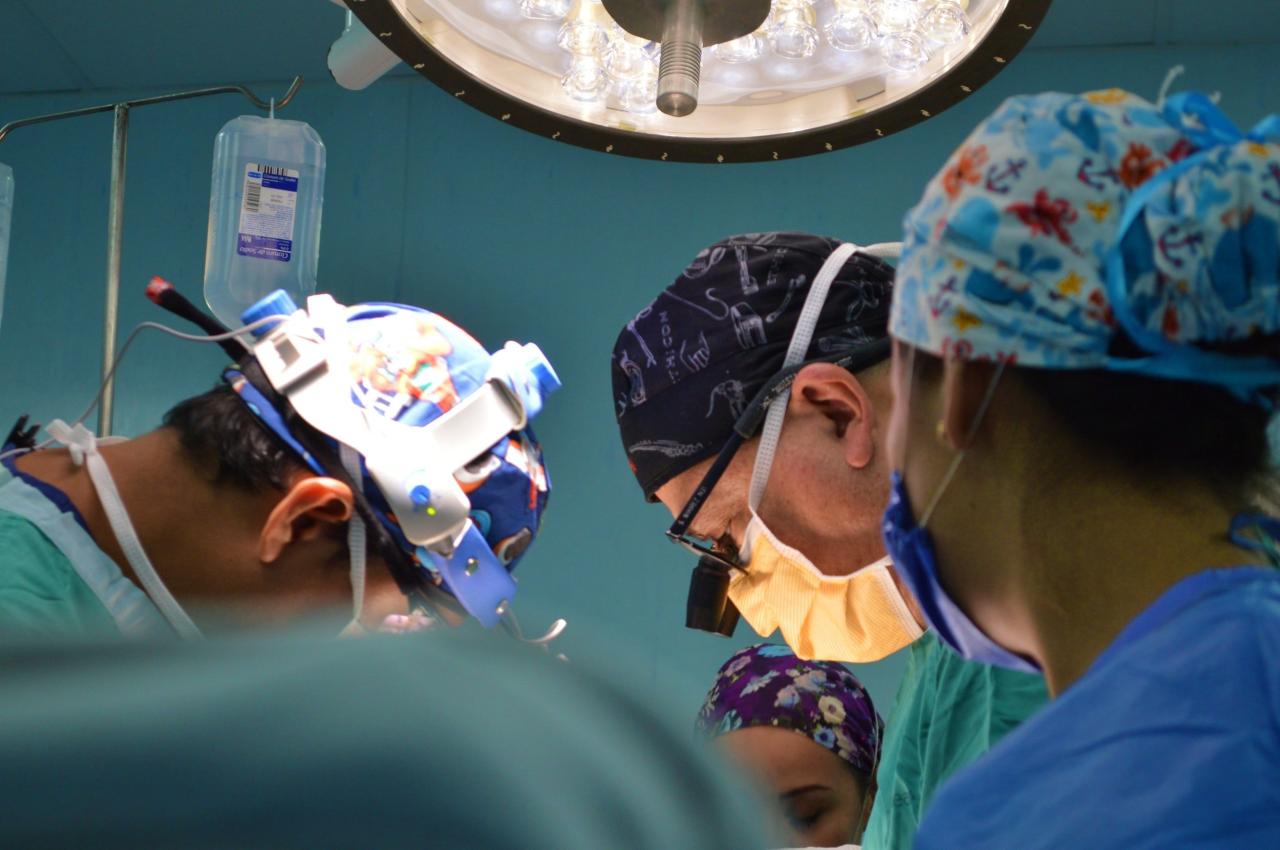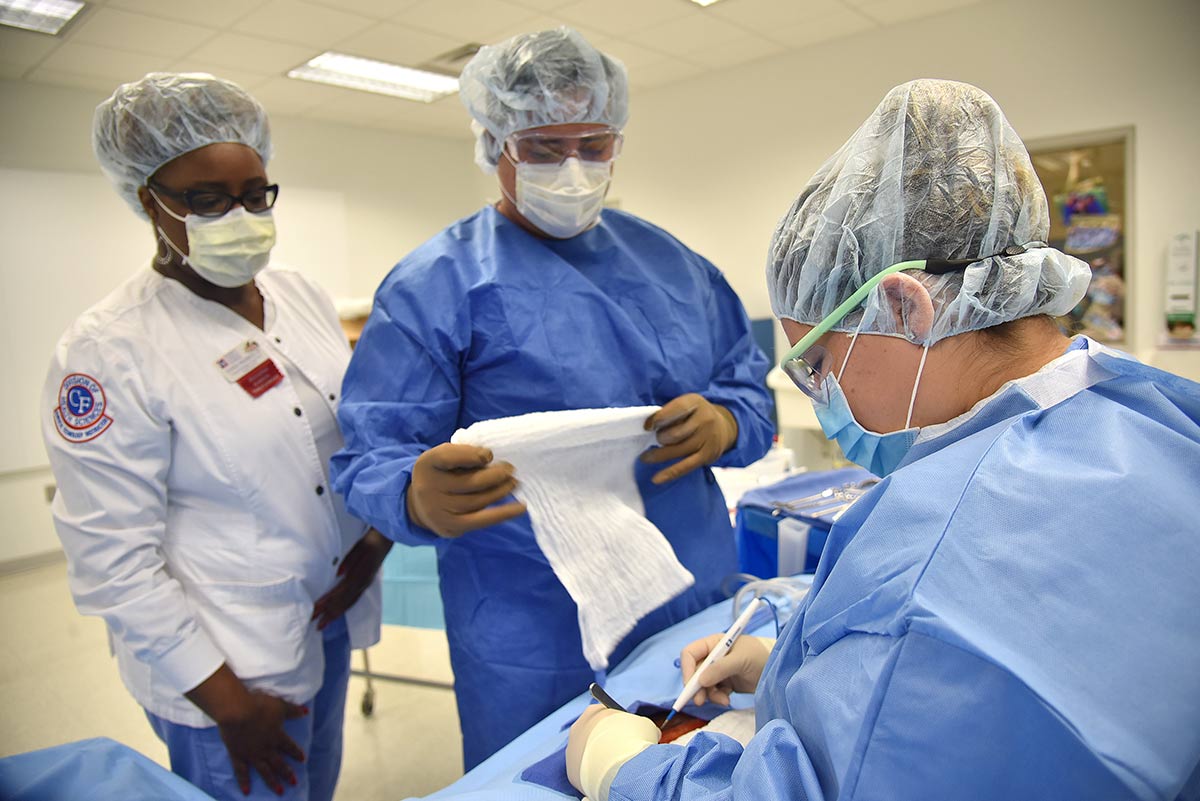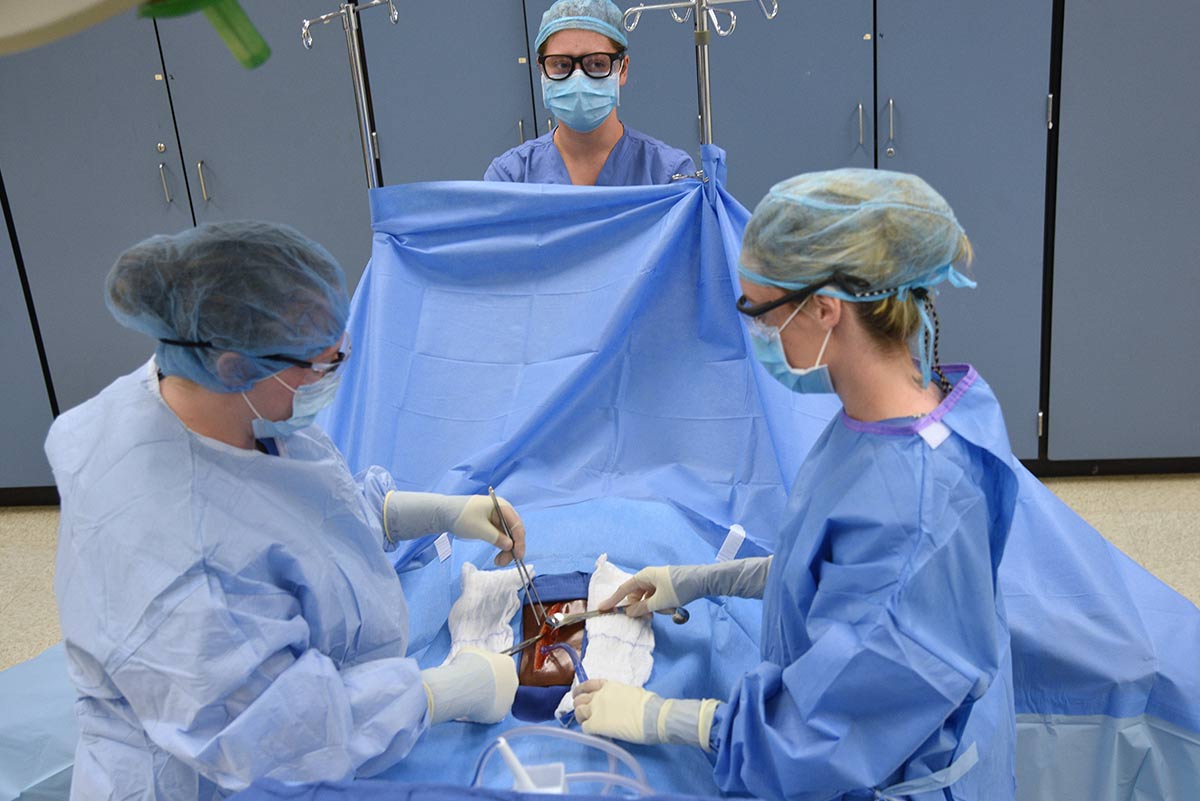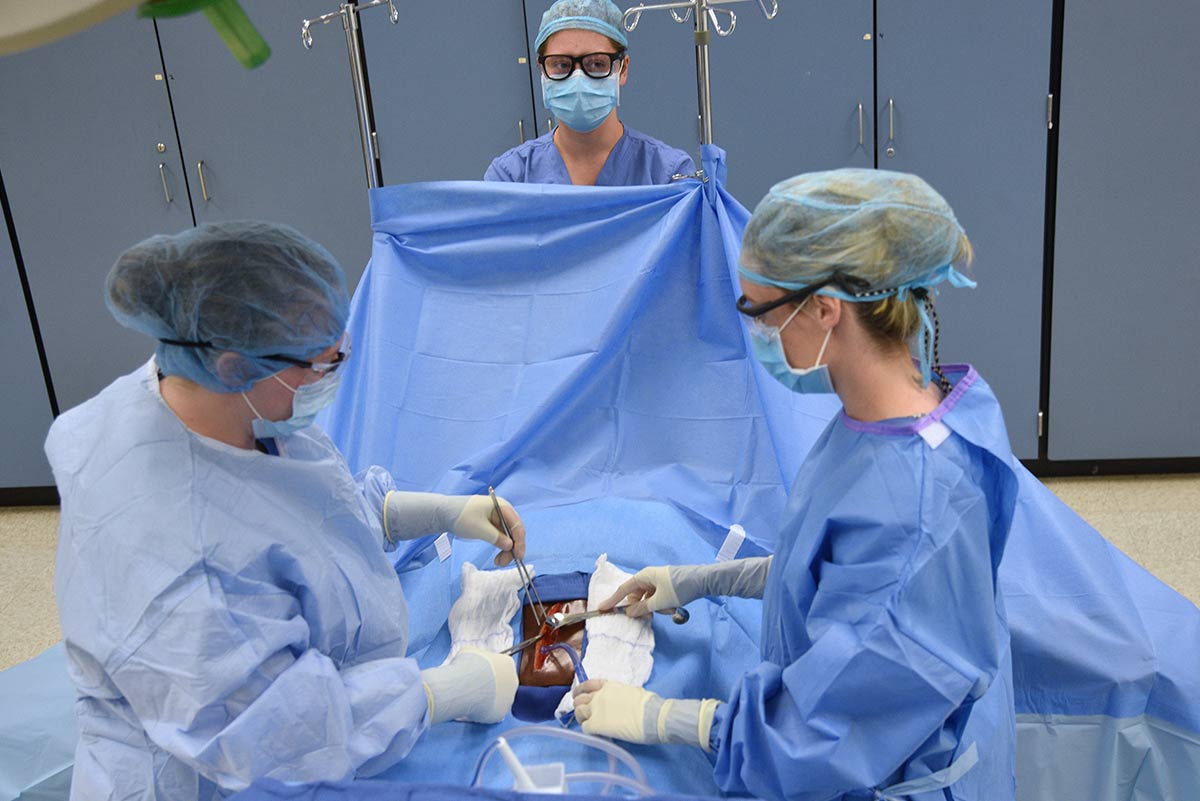Surgical tech program admission requirements and prerequisites are crucial for aspiring surgical technologists. This guide breaks down everything you need to know, from academic qualifications and application processes to clinical experience and background checks. We’ll explore the specifics of different programs, helping you navigate the path to your chosen career.
Understanding the requirements is key to a smooth application process. We’ll cover everything from GPA expectations and necessary coursework to the importance of letters of recommendation and any required interviews or exams. We’ll also look at the role of clinical experience and how to gain the necessary practical skills. Finally, we’ll address financial considerations and funding options to help you plan your journey to becoming a surgical technologist.
Surgical Technology Program: Admission Requirements and Prerequisites
Becoming a surgical technologist is a rewarding career path, requiring dedication and the right preparation. This guide provides a comprehensive overview of the admission requirements and prerequisites for surgical technology programs, helping you navigate the application process successfully.
Surgical Technology Program Basics
Surgical technology programs typically offer a comprehensive curriculum covering both theoretical knowledge and hands-on skills. Students learn about surgical procedures, sterile techniques, medical terminology, anatomy, and physiology. The program structure usually involves classroom instruction, laboratory work, and extensive clinical rotations in various surgical settings.
Graduates are equipped for diverse career opportunities in hospitals, ambulatory surgical centers, and physician’s offices. They may specialize in specific surgical areas, such as cardiovascular, orthopedic, or neurosurgery. Programs typically last around two years and are structured in semesters, often including clinical rotations during the later semesters.
Specializations within surgical technology include but aren’t limited to cardiovascular surgery, neurosurgery, orthopedics, and general surgery. The specific specializations offered may vary between programs.
Academic Requirements for Admission

Admission requirements vary between institutions, but generally include a minimum high school GPA, specific high school coursework, and sometimes prerequisite college courses. Standardized test scores, such as SAT or ACT, may also be required depending on the program.
So, you’re looking at surgical tech program admission requirements and prerequisites? That involves things like a high school diploma and maybe some prerequisite courses. It’s a totally different path than, say, becoming a full-stack developer, where you might check out the full stack developer salary expectations and job outlook to see if that career aligns with your goals.
Ultimately, both require dedication and planning, but the admission requirements are vastly different; surgical tech programs often focus on healthcare experience, whereas software development emphasizes coding skills.
- Minimum High School GPA: A minimum GPA of 2.5 or higher is common, but some programs may require a higher GPA.
- Required High School Courses: Biology, chemistry, and possibly algebra are frequently required.
- Prerequisite College Courses: Some programs may require college-level biology or anatomy and physiology courses before admission.
- Standardized Test Scores: While not always mandatory, some programs may require SAT or ACT scores.
Application Process Steps

The application process typically involves submitting an application form, transcripts, letters of recommendation, and potentially undergoing an interview. Deadlines vary by program, so it’s crucial to check each program’s specific timeline.
- Complete the application form online or via mail.
- Submit official high school or college transcripts.
- Provide letters of recommendation from teachers, counselors, or healthcare professionals.
- Attend an interview (if required by the program).
- Submit any additional required documents, such as a resume or personal statement.
The time from application submission to acceptance notification can range from a few weeks to several months.
Specific Program Criteria
Admission requirements vary across surgical technology programs. A strong academic record is usually a key factor, demonstrating the applicant’s ability to handle the rigorous curriculum. Letters of recommendation provide insight into the applicant’s character, work ethic, and potential for success in the field. Some programs also include interviews or entrance exams as part of their admission process.
| Program Name | GPA Requirement | Required Courses | Additional Requirements |
|---|---|---|---|
| Example Program A | 2.75 | Biology, Chemistry, Algebra | Interview, Background Check |
| Example Program B | 3.0 | Biology, Anatomy & Physiology | Entrance Exam, Observation Hours |
| Example Program C | 2.5 | Biology, Chemistry | Background Check, Letters of Recommendation |
Importance of Practical Experience
Prior healthcare experience, such as volunteering or shadowing, significantly enhances an application. This demonstrates commitment and familiarity with the healthcare environment. It helps applicants understand the demands of the profession and showcases their suitability for the program.
So, you’re looking at surgical tech program admission requirements and prerequisites? It’s a competitive field! Maybe you need a backup plan, and if so, check out some top-rated IT courses for beginners with career guidance to explore other options. Regardless, remember that surgical tech programs often require a high school diploma, specific science courses, and sometimes even prior healthcare experience.
Good luck with your applications!
- Volunteering at hospitals or clinics.
- Shadowing surgical technologists or other healthcare professionals.
- Working as a certified nursing assistant (CNA) or medical assistant.
Resources for finding clinical experience opportunities include local hospitals, clinics, and healthcare organizations. Networking with healthcare professionals can also lead to valuable opportunities.
Background Checks and Health Requirements
Most surgical technology programs require background checks and health assessments to ensure student and patient safety. These procedures are standard and designed to identify any potential risks. Applicants should be prepared to provide necessary documentation and address any potential concerns proactively.
So, you’re looking at surgical tech program admission requirements and prerequisites? That often includes a solid science background, but surprisingly, some programs also value basic computer skills, which you can easily boost by taking some introductory IT courses. These skills can be helpful in managing patient data and using hospital systems, making you a stronger applicant for surgical tech programs.
Remember to check the specific requirements for the program you’re interested in!
Typical health requirements may include physical examinations, drug screenings, and immunization records. Background checks investigate criminal history and may include fingerprinting.
Tuition and Assistance, Surgical tech program admission requirements and prerequisites

Tuition costs vary widely depending on the institution and program length. Financial aid options, including scholarships, grants, and loans, are often available to help cover educational expenses. Applicants should explore these resources to manage their program costs effectively.
- Tuition fees (vary by institution)
- Federal student aid (FAFSA)
- Institutional scholarships and grants
- Private scholarships and loans
Final Review
Becoming a surgical technologist is a rewarding career path, but it requires careful planning and preparation. By understanding the admission requirements and prerequisites, and actively pursuing the necessary qualifications and experience, you’ll significantly increase your chances of acceptance into your chosen program. Remember to thoroughly research different programs and their specific requirements to find the best fit for your skills and aspirations.
Good luck!
User Queries: Surgical Tech Program Admission Requirements And Prerequisites
What if my GPA is slightly below the minimum requirement?
Many programs consider applicants with GPAs slightly below the minimum if they demonstrate strong upward trends or exceptional qualities in other areas of their application.
Can I substitute one required course for another?
It depends on the program. Contact the admissions office directly to discuss potential substitutions.
How long does the background check process take?
Background check processing times vary, but typically take several weeks. Check with the specific program for their timeframe.
What types of clinical experience are most valuable?
Direct patient care experience is highly valued, but volunteering or shadowing in a surgical setting can also be beneficial.
